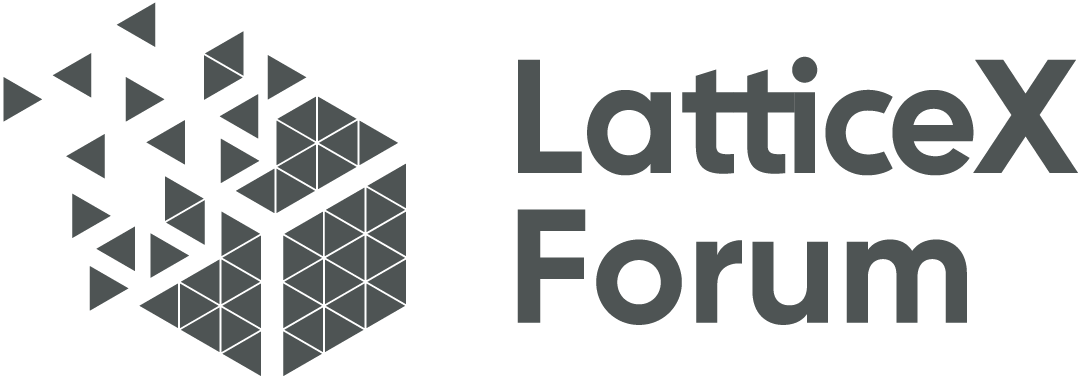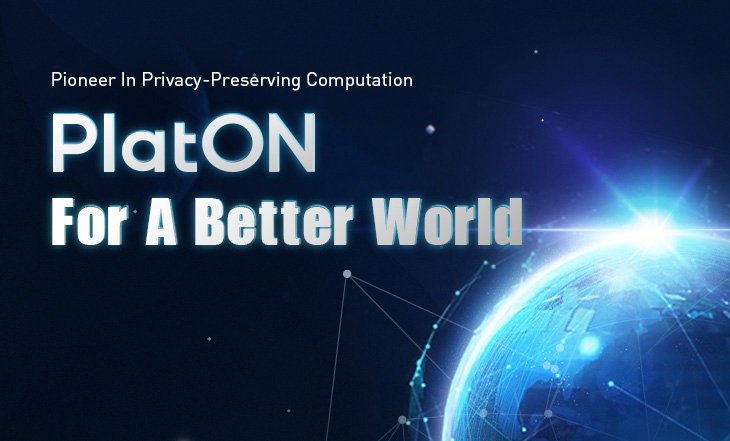On Jun.28, 2020, PlatON hosted an AMA focusing on how PlatON will build the next generation blockchain to address the existing issues in the whole industry with Ourea Group. The Head of PlatON Community Kai Yu unpacked the story in the early days after PlatON get started, and the latest development of PlatON products and application trends.
How’s the Development of PlatON Baleyworld Test Net? Can You Share the Next Plans and Further Updates?
Yu: Since the launch of PlatON new Baleyworld test net in Feb, 2020, PlatON has gone through intensive tests including function tests, exception tests, security tests and government drill, fixed the indetectable issues and delivered 4 upgrades, with the joint efforts of PlatON community.
As one of the key parts of complete tests ushering in PlatON main net, performance test is the focus. Thus, we’ve completed 4 stress tests that simulated and reproduced all potential risks and issues under the testing environment that will be the most to PlatON main net.
According to the reports, under the simulated EOS environment, the overall performance of PlatON can reach a correspondingly high level. Even when dealing with complicated smart contracts, the TPS can reach 2000.
Besides, in the new round of security audit that focuses on our newly launched WASM smart contract, EVM smart contract, node incentive model, etc., SlowMist, a leading blockchain ecosystem security service provider that completed this security audit, has confirmed that PlatON is absolutely secure with its high-quality code.
Next, we will keep improving the overall performance of PlatON according to the results of stress tests, and start the ensuing tests on the new version of test net that is expected be launched in July, 2020, to ensure that PlatON main net is the highest level in security, stabilities, performance, etc.
Can You Introduce the Products and Applications that Will be Based on PlatON?
Yu: PlatON is dedicated to serving as the infrastructure for privacy-preserving computation and distributed economies, thus, there should be more services besides applications and products.
Currently, the enterprise-level blockchain services can’t measure the institutional transaction cost of infrastructure precisely. And if there’s no licensed institute that is in a position of unchallenged authority for the transactions among the cross-industry, cross-ID and cross-accountinstitutes, the institutional transaction cost can’t be measured. Thus, there should be an independent and trustable transaction consistency provider as the final authorized platform for the product-oriented and application-oriented blockchain businesses. That’s what PlatON aims to be.
Besides, based on our privacy-preserving computation technologies, we have already had Rosetta, a privacy AI framework to help developers easily get their hands dirty on privacy-preserving computation, KeyShard, world’s first digital asset custody service based on MPC, etc.
How to Solve the Complicit between the Low Efficiency of Privacy-Preserving Computation and Low Business Practice?
Yu: We don’t think performance is the only standard to measure the efficiency of business practice, it can’t tell whether if the technology is qualified for business practice. However, privacy-preserving computation has been put into business practice, such as our KeyShard.
There is no doubt that it takes time to apply privacy-preserving computation in all use cases, and to realize the complete business practice. Besides performance, the overall business structure and model are vital. This is a whole new market, and we believe it’s definitely worth of a try and efforts.
So far, privacy-preserving computation is in the stage of infrastructure construction, which fits the position of PlatON. Regarding the infrastructure for distributed economies that PlatON aims to be, privacy-preserving computation is the most important. Thus, it’s safe to say no worries about the future of privacy-preserving computation.
Are There Any Bottlenecks or Issues Needed to Be Solved before the Main Net of PlatON?
Yu: According to the current operation status and test results, there is no bottleneck for launching PlatON main net. However, there is still room for performance improvement, and we will have the further optimizations and tests in the upcoming new upgrades of test net.

